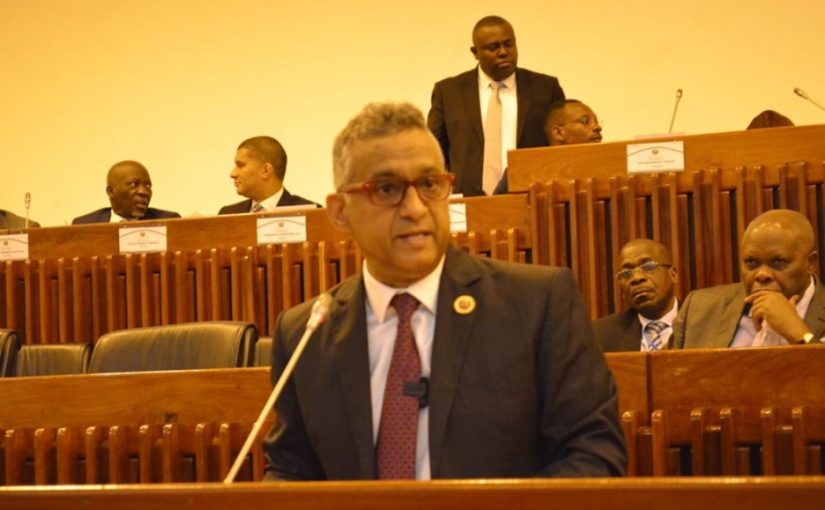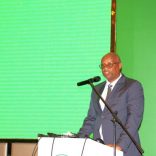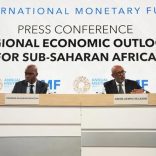Mozambique: Over 500 million meticais channelled to communities between 2005 and 2024
Mozambique: 1.5 billion meticais allocated to Local Development Fund (FDEL) for next year

Photo: Notícias
The Mozambican government has allocated 1.5 billion meticais (about 23 million US dollars, at the current exchange rate) from the State Budget for 2026 to the Local Economic Development Fund (FDEL).
Addressing the Mozambican parliament, the Assembly of the Republic, on Wednesday, the Minister of Planning and Development, Salim Vala, said that this sum “will be supplemented with resources mobilised through the partnerships we are creating”.
The objective, said Vala, “is that by 2027 the FDEL will be consolidated as a robust, inclusive, equitable and transparent decentralised financing initiative, with an effective presence in all districts and municipalities”.
President Daniel Chapo formally launched the FDEL in July. Vala said that in the 2025 financial year, 824.6 million meticais were allocated under the fund to 145 districts and 65 municipalities. 17.6 per cent of this money was allocated to the most populous province, and Nampula, and 10.47 per cent to the second most populous, Zambezia.
By 3 November, said Vala, 112,197 draft projects had been submitted to the fund. The amount requested was slightly more than ten billion meticais, which is more than twelve times the amount available.
Vala said that 67 per cent of the proposals came from individuals, 32 per cent from associations and cooperatives, and one per cent from micro and small companies.
He claimed that the fact that the FDEL had been so heavily over-subscribed showed that “the FDEL message has reached the grass roots, awakening the entrepreneurial energy of citizens”. This, he said, “is an authentic mass movement oriented towards financial inclusion and citizenship”.
The Fund, Vala claimed, means that citizens unable to obtain credit from the banks “now have a real window of opportunity to implement their business projects”.
Vala insisted that the FDEL will provide loans, not grants. But past experience is not encouraging. The FDEL is essentially a re-edition of an initiative taken by the governments of President Armando Guebuza at the start of this century.
Under this scheme, each district received seven million meticais from the state budget every year. The money was to be lent to citizens with viable business proposals which could create jobs, or boost food production. The money was to be repaid, so that “the seven million”, as this fund became known, would operate as a revolving fund, automatically replenished by repayments made by the initial beneficiaries.
But in fact, the great majority of the beneficiaries never repaid their loans. Nobody was ever taken to court over this scandal. There was never any audit, and it is not known whether any of the projects financed by the “seven million” are still operational.
The current government wants to avoid any repetition of this fiasco. Each beneficiary of the FDEL, Vala said, “is called upon to repay the loan received, so that the resources return to the Fund and are re-invested in new projects”,
Rotating funds, he added, “guarantee that public funds circulate in the communities and continue to generate business opportunities”.
Vala promised that decentralised audits will be held, alongside “performance assessment mechanisms”. He hoped that the FDEL “will cease to be just an instrument of public expenditure, and will become a socially productive investment fund”.












Leave a Reply
Be the First to Comment!
You must be logged in to post a comment.
You must be logged in to post a comment.